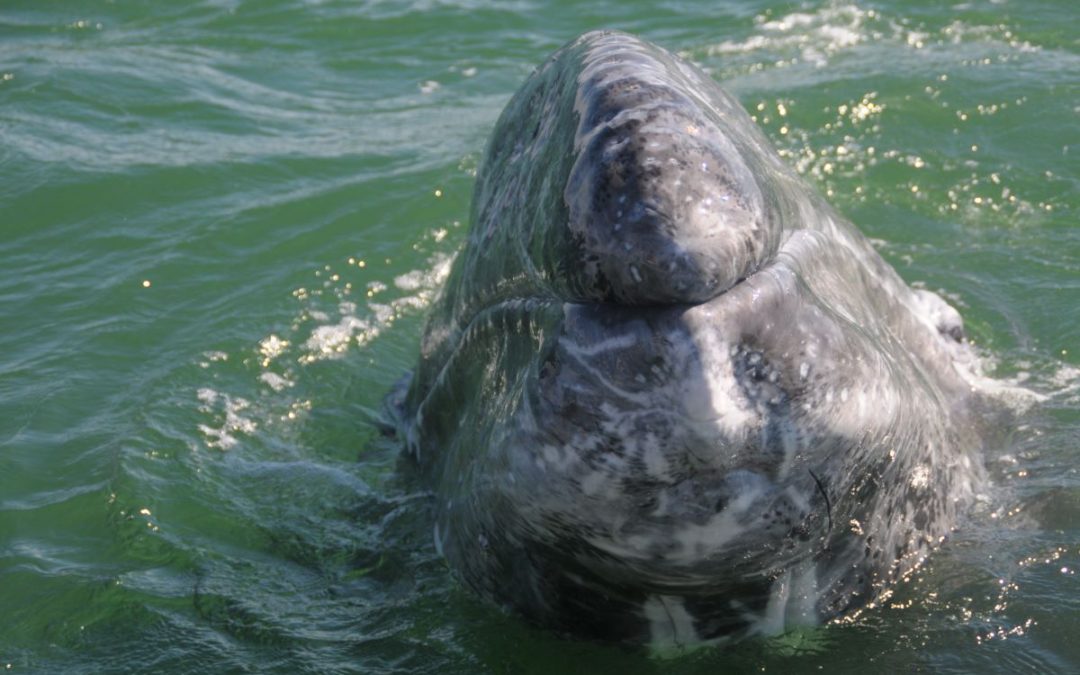Mangrove forests are among the most undervalued habitats in terms of their importance to wildlife as well as climate change mitigation and adaptation. These coastal trees and shrubs with high roots are unique in their ability to survive in saltwater and they can be found in over 100 countries around the world. A healthy mangrove habitat provides nutrient-rich shelter to many different types of marine life, including juvenile sharks (who else here is excited for Shark Week?). In addition to protecting underwater wildlife, mangrove forests are an effective barrier for human communities against hurricanes, floods, and even tsunamis. They are well-known for their carbon sequestration superpowers – the water-logged system of mangrove roots is incredibly efficient at sealing off carbon and preventing it from being released back into the atmosphere. These roots are also helpful for keeping the ocean clean by filtering out dirty water as it flows away from land towards the sea. The benefits that mangrove forests provide to people, wildlife, and the planet are invaluable and irreplaceable. Protecting mangroves is one of the most effective nature-based solutions to climate change and biodiversity loss that we have at our disposal. But human impact has done significant damage to the mangrove forests and the vast array of marine life that depend on them, primarily due to shrimp farming, rising sea levels, and the introduction of invasive species. If historical rates of mangrove destruction continue, this critical habitat could be completely wiped out within 100 years.
That is why today our team is so excited for OneNature Founder and President Beth Allgood to chat with Amanda Hearst of WELL/BEINGS about the importance of mangroves to human well-being on Instagram Live! This discussion will be focused on conservation efforts in Laguna San Ignacio (LSI) in Baja, Mexico. The LSI community values its coastal wildlife that is dependent on critical mangrove habitats, as well as the beloved whales that birth and nurse in the area. After launching a campaign to protect the lagoon over 25 years ago, the community is now involved with several organizations to support their conservation efforts, including WILDCOAST, the UN Development Program, and ProNatura. The blow of the COVID-19 pandemic on the LSI community’s wildlife-based ecotourism revenue makes support for conservation in this region more vital than ever. The mangrove project headed by WILDCOAST and funded by UNDP is notable in particular because it provides economic resources to local women who are engaged in the effort to plant one million red mangrove seedlings across 240 acres of the lagoon’s intertidal zone. OneNature is partnering to measure the benefits that the grey whales and the mangrove habitats have on the well-being of people in the LSI community. Our research, data, and analysis will help this community evaluate how to move forward in ways that maximize harmonious interconnection with nature and well-being for all beings.
Be sure to tune in on Instagram at 3:30 on July 14th to watch Beth and Amanda’s conversation live, or view anytime on Well Beings Charity’s IGTV.
